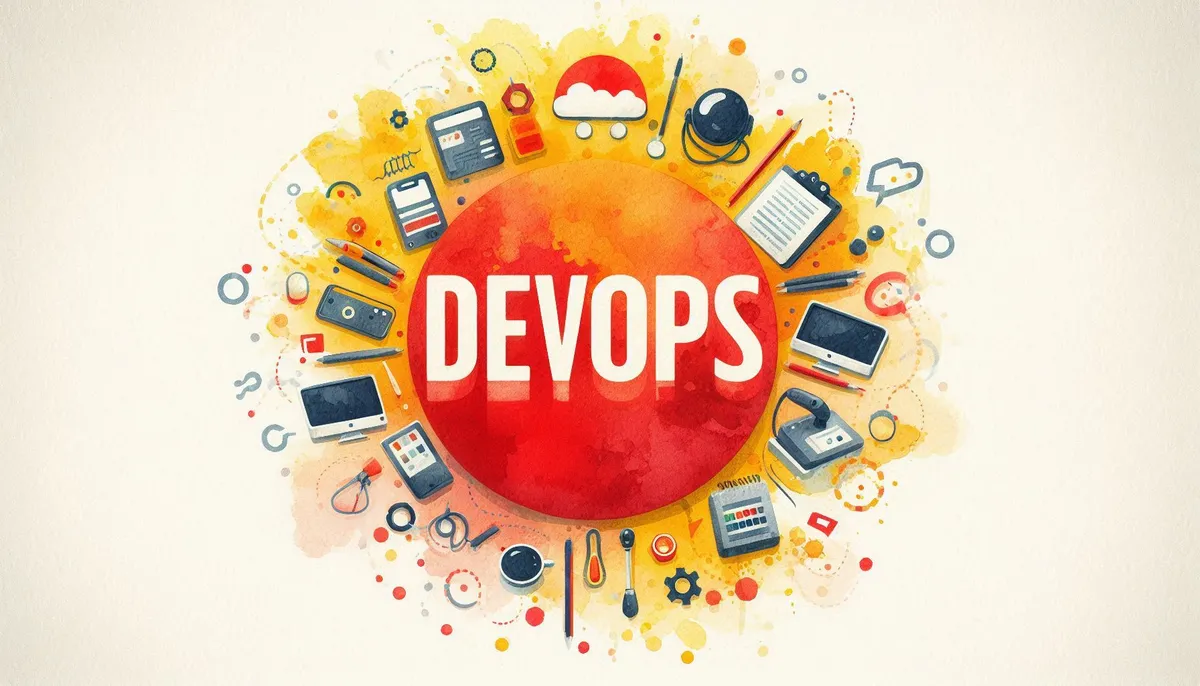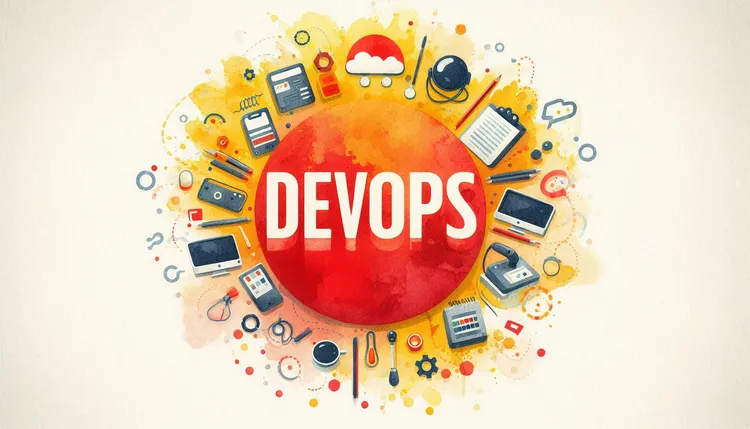DevOps Sessions - Week 1 - Linux
devops linux 01-08-2024

DevOps Sessions - Week 1 - Linux
Welcome to the first week of our “Becoming a DevOps Engineer” series! Over the coming weeks, we will dive deep into various essential topics that form the backbone of DevOps. This week’s focus is on Linux, a critical operating system for any aspiring DevOps engineer. Understanding Linux is fundamental because it powers most servers, containers, and cloud environments. Let’s get started!
Session Overview
1. Introduction to Linux
- What is Linux?
- Why Linux for DevOps?
2. Linux Distributions
- Popular Linux Distributions
- Choosing the Right Distribution
3. Basic Linux Commands
- File Management Commands
- System Monitoring Commands
4. Shell Scripting
- What is Shell Scripting?
- Basic Shell Script Examples
5. Linux File System
- Understanding the File System Hierarchy
- Permissions and Ownership
6. Package Management
- Package Managers Overview
- Installing and Managing Packages
1. Introduction to Linux
What is Linux?
Linux is an open-source operating system based on Unix. It is known for its stability, security, and flexibility, making it a preferred choice for servers and development environments. Linux distributions, or distros, are versions of Linux packaged with different software and tools.
Why Linux for DevOps?
Linux is prevalent in DevOps due to its robust performance, strong community support, and compatibility with various software tools. As a DevOps engineer, proficiency in Linux allows you to manage servers, automate tasks, and deploy applications efficiently.
2. Linux Distributions
Popular Linux Distributions
- Ubuntu: User-friendly and widely used in development and production environments.
- CentOS: Known for its stability and long-term support, often used in enterprises.
- Fedora: Focuses on cutting-edge features and technologies.
- Debian: Valued for its stability and extensive software repositories.
Choosing the Right Distribution
Selecting a distribution depends on your specific needs. Ubuntu is great for beginners, while CentOS and Debian are excellent for more stable, enterprise environments. Fedora is ideal if you want to explore the latest technologies.
3. Basic Linux Commands
File Management Commands
ls: List directory contents.cd: Change the current directory.cp: Copy files or directories.mv: Move or rename files or directories.rm: Remove files or directories.
System Monitoring Commands
top: Display tasks and system performance.df: Report file system disk space usage.du: Estimate file space usage.free: Display memory usage.uptime: Show how long the system has been running.
4. Shell Scripting
What is Shell Scripting?
Shell scripting involves writing scripts in the shell language (like Bash) to automate tasks. These scripts can execute commands, perform file manipulations, and more.
Basic Shell Script Examples
#!/bin/bash
echo "Hello, World!"
# Loop example
for i in {1..5}
do
echo "Welcome $i times"
doneShell scripting is powerful for automating repetitive tasks and managing system operations efficiently.
5. Linux File System
Understanding the File System Hierarchy
Linux follows a hierarchical file system structure:
/: The root directory./home: User home directories./etc: Configuration files./var: Variable files like logs./usr: User binaries and programs.
Permissions and Ownership
Files and directories have permissions and ownership that control access:
- Permissions: Read (
r), write (w), and execute (x). - Ownership: User and group ownership.
# Change ownership
chown user:group filename
# Change permissions
chmod 755 filename6. Package Management
Package Managers Overview
Package managers simplify the installation and management of software packages:
- APT (Advanced Package Tool): Used in Debian-based distros like Ubuntu.
- YUM (Yellowdog Updater, Modified): Used in Red Hat-based distros like CentOS.
Installing and Managing Packages
# Using APT
sudo apt update
sudo apt install package-name
# Using YUM
sudo yum update
sudo yum install package-namePackage managers handle dependencies and ensure software is up-to-date.
By mastering these Linux basics, you are building a strong foundation for your DevOps journey. Stay tuned for next week’s session, where we will explore more advanced topics and practical applications in the DevOps world. Happy learning!

